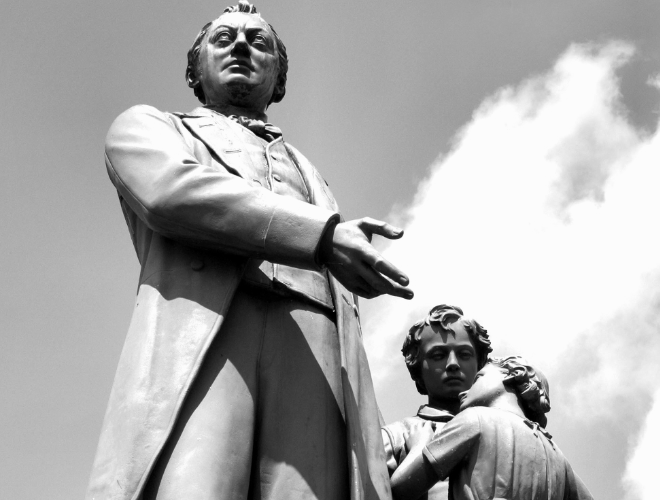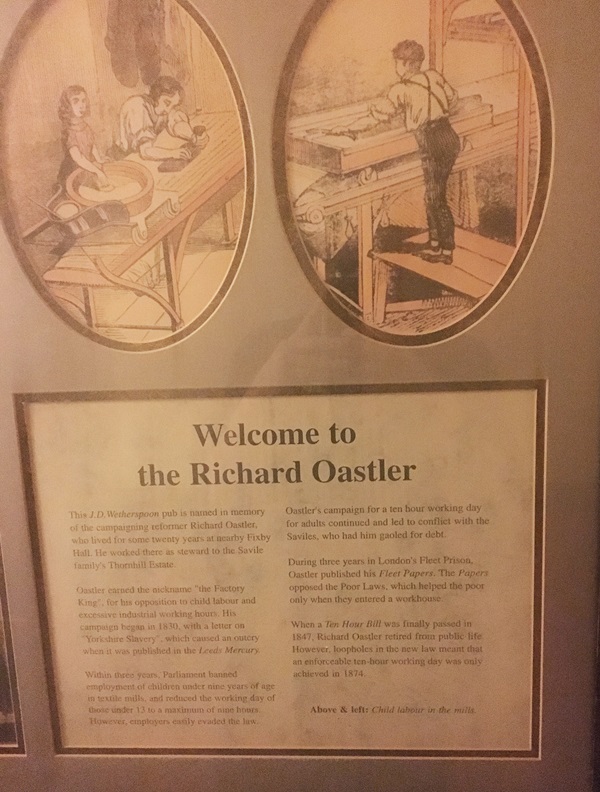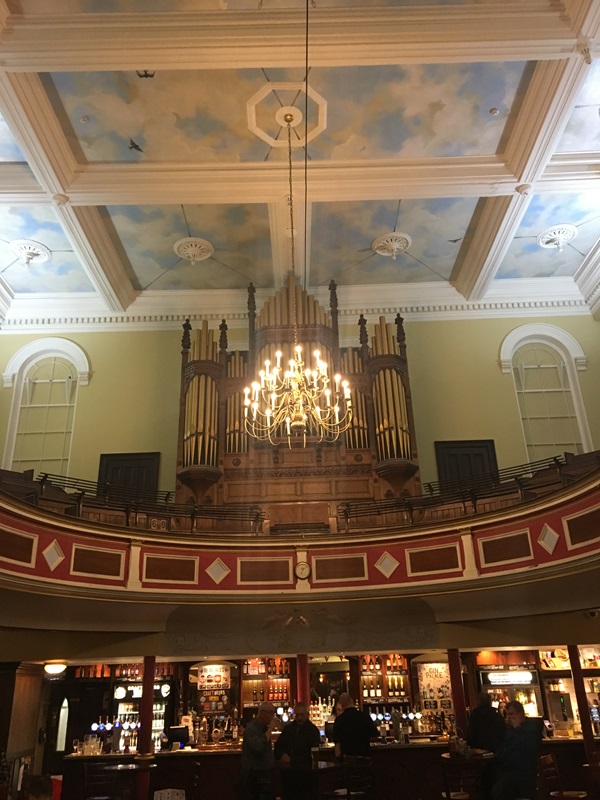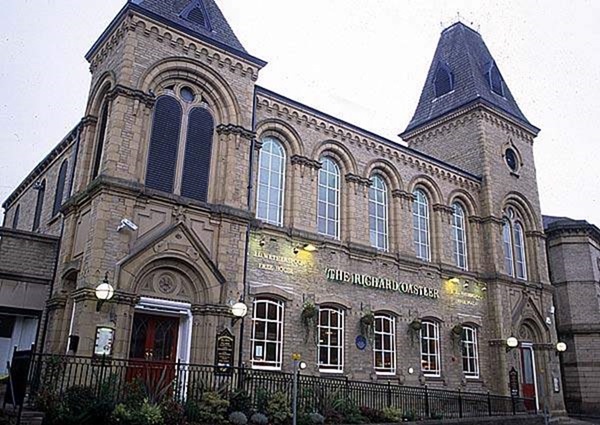Pub history
The Richard Oastler
This pub bears the name of the man who lived at nearby Fixby Hall for 20 years and famously campaigned against excessive working hours in the 19th century.

Bethel Street, Brighouse, West Yorkshire, HD6 1JN
This pub bears the name of the man who lived at nearby Fixby Hall for 20 years and famously campaigned against excessive working hours in the 19th century.
Illustrations and text about The Richard Oastler.

The text reads: This J D Wetherspoon pub is named in memory of the campaigning reformer Richard Oastler, who lived for some twenty years at nearby Fixby Hall. He worked there as a steward to the Savile family’s Thornhill Estate.
Oastler earned the nickname “the Factory King”, for his opposition to child labour and excessive industrial working hours. His campaign began in 1830, with a letter on Yorkshire Slavery, which caused an outcry when it was published in the Leeds Mercury.
Within three years, Parliament banned employment of children under nine years of age in textile mills, and reduced the working day of those under 13 to a maximum of nine hours. However, employers easily evaded the law.
Oastler’s campaign for a ten hour working day for adults continued and led to conflict with the Savile family, who had him gaoled for debt.
During three years in London’s Fleet Prison, Oastler published his Fleet Papers. The Papers opposed the Poor Laws, which helped the poor only when they entered a workhouse.
When a Ten Hour Bill was finally passed in 1847, Richard Oastler retired from public life. However, loopholes in the new law meant that an enforceable ten hour working day was only achieved in 1874.
Above and Left: Child labour in the mills.
An internal photograph of the pub showing its grand features.

This pub used to be a Methodist chapel and some of the features have been retained.
External photograph of the building – main entrance.






